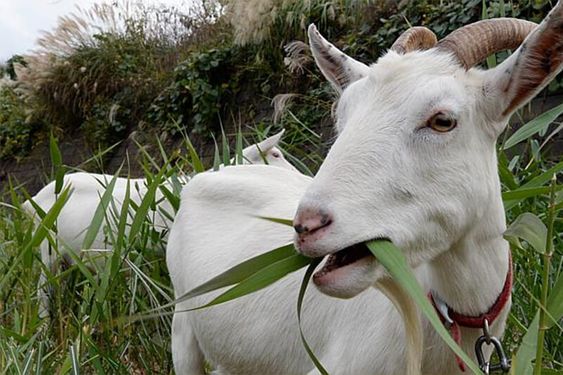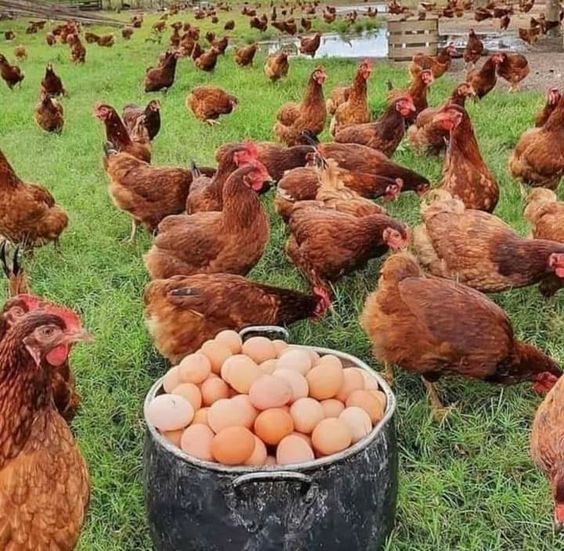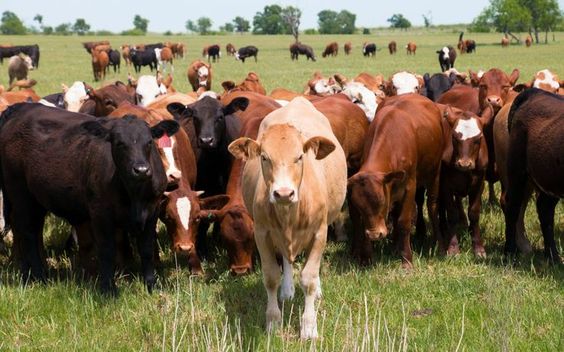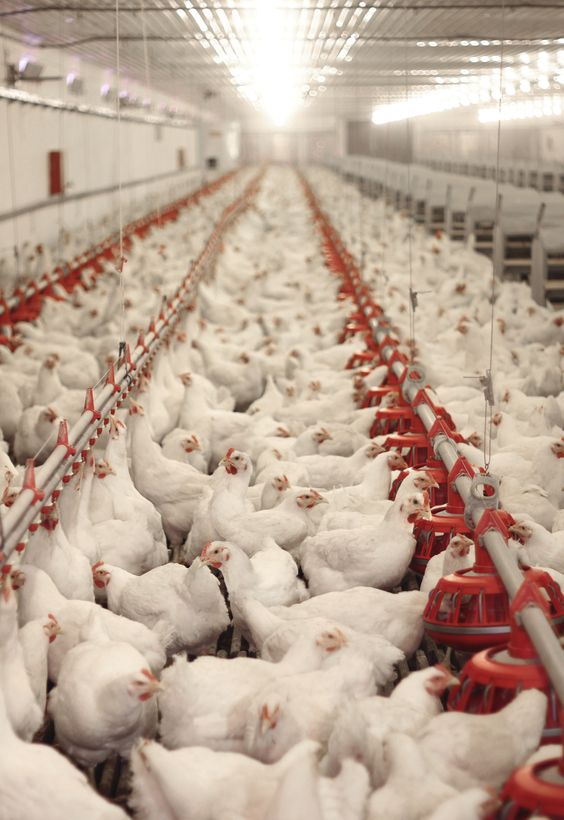Goat Waste Management: Turning a Byproduct into a Benefit
Goat Waste Management farming offers a multitude of advantages, from providing high-quality meat and fiber to managing vegetation. However, like any livestock, goats produce waste that requires proper management. Fortunately, goat waste, far from being a burden, can be transformed into a valuable resource with the right approach. This guide delves into effective goat waste management strategies, exploring both environmental and economic benefits.
Understanding Goat Waste
Composed primarily of manure and urine, goat waste boasts a wealth of organic matter. While it may not be pleasant-smelling, it holds significant potential as a soil amendment and fertilizer. Here’s a breakdown of its key components:
- Manure: Rich in nitrogen, phosphorus, and potassium – essential plant nutrients. The composition can vary depending on the goat’s diet and bedding material.
- Urine: High in nitrogen, contributing to plant growth. However, due to its high ammonia content, direct application can damage crops.
The Importance of Proper Management
Uncontrolled goat waste poses several challenges:
- Environmental Pollution: Improper disposal can contaminate water sources with nitrates and pathogens.
- Odor and Pests: Decomposing waste generates unpleasant odors and attracts flies, creating a nuisance for both animals and humans.
- Public Health Risks: Unhygienic conditions around improperly managed waste can increase the spread of diseases.
Effective management strategies mitigate these risks while maximizing the benefits of this natural resource.
Goat Waste Management Strategies
Here are several effective methods for managing goat waste:
-
Housing and Bedding: Design goat housing with proper drainage to prevent waste accumulation. Provide ample bedding materials like straw, wood shavings, or sawdust. These materials absorb moisture, control odors, and create a comfortable environment for the goats. Regularly remove soiled bedding to prevent ammonia buildup.
-
Collection and Storage: Scrape or sweep manure and soiled bedding daily or as needed. Store the waste in a designated location with a roof or covering to prevent rain from leaching nutrients and creating runoff. A composting area with proper ventilation is ideal for initiating the decomposition process.
-
Composting: Composting transforms goat waste into a valuable soil amendment. There are various composting methods, each requiring specific management techniques. Here’s a basic overview:
-
Pile Composting: Create a pile of alternating layers of manure, bedding, and other organic materials like leaves or kitchen scraps (excluding meat and dairy products). Maintain proper moisture and aeration levels for optimal decomposition. The resulting compost can be used in your garden or sold to other farmers.
-
Vermicomposting: Utilize worms to break down the waste. This method produces nutrient-rich vermicompost, ideal for container gardening and potted plants.
-
-
Direct Application (with Caution): Aged manure, composted for at least six months, can be directly applied to fields as fertilizer. However, fresh manure should be avoided due to the risk of burning plants and harboring pathogens.
-
Manure Removal Services: For large-scale goat operations, consider partnering with a manure removal service. These companies collect and process the waste for various uses, including composting or biogas production.
Additional Considerations
- Local Regulations: Be aware of any local regulations regarding manure storage and disposal.
- Waste Volume: The amount of waste produced depends on the number of goats, their diet, and housing setup. Plan your storage and management strategies accordingly.
- Biosecurity: Implement measures to prevent the spread of diseases. Composting temperatures should be high enough to eliminate pathogens.
The Benefits of Responsible Goat Waste Management
By adopting responsible waste management practices, goat farmers can reap several benefits:
- Reduced Environmental Impact: Proper handling minimizes the risk of water pollution and contributes to a cleaner environment.
- Cost Savings Goat Waste Management: Composting or selling manure eliminates disposal costs and creates a valuable fertilizer source.
- Improved Soil Health: Composted goat manure enhances soil fertility, promoting healthy plant growth and potentially reducing reliance on commercial fertilizers.
- Odor Control: Effective management minimizes unpleasant odors, improving the quality of life for both the farmer and surrounding communities.
Conclusion Goat Waste Management
Goat waste management is not just about disposal; it’s about transforming a byproduct into a valuable resource. By implementing these strategies, goat farmers can contribute to a sustainable agricultural system, improve soil health, and even generate additional income. Remember, responsible waste management is not only good for the environment but also benefits the overall success and sustainability of your goat farming operation.






